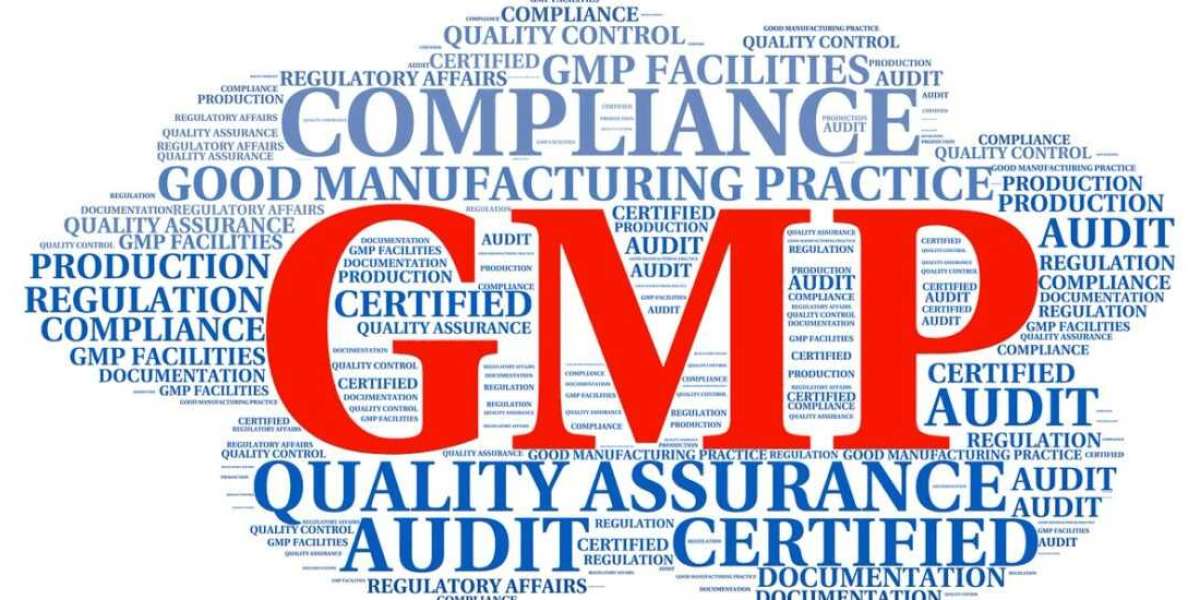Good Manufacturing Practice (GMP) Certificate
Introduction
A Good Manufacturing Practice (GMP) certificate is a critical document in the pharmaceutical, biotechnology, and food industries. It ensures that products are consistently produced and controlled according to quality standards. The certificate indicates that a company adheres to regulations enforced by agencies like the FDA in the United States, the EMA in Europe, and others globally.
Purpose
The primary purpose of a GMP certificate is to safeguard public health by ensuring that products are of high quality, safe, and effective. It applies to all aspects of production, from raw materials to finished products.
Key Components
Quality Management
A comprehensive quality management system (QMS) is fundamental to GMP. It includes robust procedures, detailed documentation, and regular audits to ensure ongoing compliance.
Personnel
Trained and qualified personnel are essential for GMP compliance. This involves continuous training programs and clear job descriptions to maintain high standards.
Premises and Equipment
Facilities and equipment must be designed, constructed, and maintained to prevent contamination and cross-contamination. This includes regular cleaning, maintenance schedules, and validation protocols.
Documentation
Detailed documentation is crucial for GMP compliance. It includes standard operating procedures (SOPs), batch records, and logbooks, ensuring traceability and accountability.
Production
The production process must be clearly defined and controlled. This includes specifying starting materials, intermediate products, and final products, with stringent quality control checks at each stage.
Quality Control
Quality control (QC) laboratories must be established to test and verify the quality of products. This includes physical, chemical, and microbiological testing to ensure products meet specified standards.
Complaint Handling
A robust system for handling complaints is necessary. It ensures that any issues are promptly investigated and resolved, with corrective and preventive actions (CAPA) implemented to prevent recurrence.
Benefits
Consumer Confidence
GMP certification boosts consumer confidence, as it assures them that the products they use are safe and effective.
Market Access
GMP certification is often a prerequisite for entering global markets. It is recognized internationally, facilitating trade and export opportunities.
Risk Management
Implementing GMP principles helps in identifying and mitigating risks throughout the production process, leading to higher product quality and safety.
Conclusion
Obtaining a GMP certificate is essential for companies in the pharmaceutical, biotechnology, and food industries. It ensures compliance with regulatory standards, enhances consumer confidence, and provides access to international markets. Adhering to GMP principles is a commitment to quality, safety, and continuous improvement.








